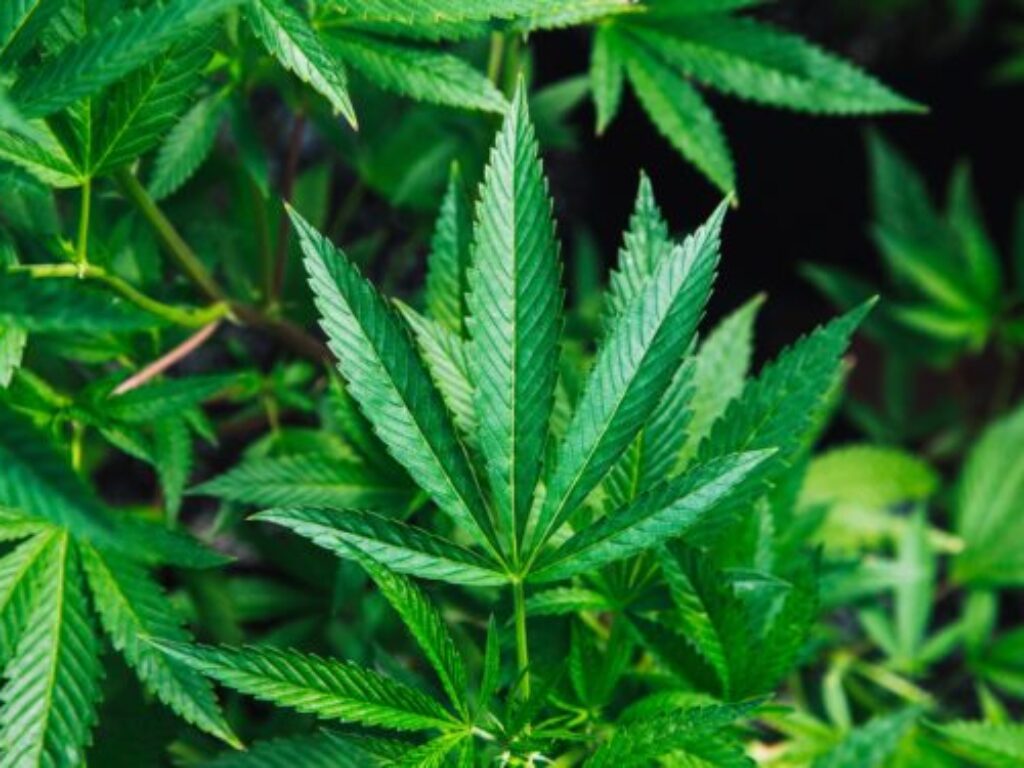Campbell Law Observer writer explores the differences between legal hemp and illegal marijuana

Campbell Law student Kevin Cline ’21 is a staff writer the Campbell Law Observer. The following piece was originally published on the Observer’s website on Nov. 22. An excerpt follows:
The 2019 North Carolina Farm Bill looks to ban smokable hemp throughout the state. The North Carolina House of Representatives and Senate are at odds choosing a date to ban smokable hemp. One side wants to accommodate law enforcement’s request to ban hemp, while the other side wants to make sure local farmers are protected.
The legalization of smokable hemp creates issues in relation to law enforcement’s ability to establish probable cause based on the odor or appearance of marijuana. According to a memorandum released by the N.C. State Bureau of Investigation, “hemp and marijuana look the same and have the same odor, both burned and unburned. This makes it impossible for law enforcement to use the appearance of marijuana to develop probable cause for an arrest, seizure of an item, or probable cause for a search warrant.”
The N.C. House of Representatives circled the wagons and passed a bill which would have banned smokable hemp on Dec. 1, 2019. The House favors this earlier date over the Dec. 1, 2020, date proposed by the N.C. Senate, because of difficulties law enforcement and prosecutors experience in cases analyzing the odor or appearance of marijuana in order to establish probable cause. In an interview with the Campbell Law Observer, Glen Allen, a retired Police Chief of the North Carolina State Capitol Police, stated “the legalization of smokable hemp makes enforcing marijuana laws nearly impossible and is a ‘de facto’ legalization of the drug.”
The N.C. Senate, on the other hand, has a different perspective. Members of their chamber would like to hold off on the smokable hemp ban until Dec. 1, 2020. For farmers in North Carolina, hemp has been a great alternative as a cash crop and many farmers have seen a substantial profit — Selling the hemp flower has shown to be worth between $400 and $600 per pound. Furthermore, tariffs and natural disasters have plagued the agriculture industry, which means a ban on smokable hemp would considerably impact hemp producers.
K.J. Stancil, research assistant for Agriculture Chairman Rep. Larry Strickland, recently spoke with the Campbell Law Observer and stated he believes the Senate leans toward the later ban, because “[it] would provide an opportunity for farmers to collect their crops and take it to market. It will also allow a chance for stakeholders in law enforcement to find an onsite test, to allow for lawmakers to find a solution for officers to be able to search with probable cause for marijuana.” On an optimistic note, Mr. Stancil believes “the General Assembly is getting closer and closer to making sure all stakeholders are satisfied.”
Why it could continue to be a problem
It seems that a ban on smokable hemp is inevitable, and it is just a matter of when it will go into effect. So, if the issue of probable cause will be resolved in just a matter of time, why not just push off the possession of marijuana cases until a bill makes it through the Senate?
Indiana, a state that also legalized hemp, enacted Senate Enrolled Act 516 (SEA 516), which banned smokable hemp. Before the ban was even in effect, seven CBD shops along with the Midwest Hemp Council filed a lawsuit in the United States District Court for the Southern District of Indiana. The plaintiffs challenged the constitutionality of the statute in SEA 516 that criminalized smokable hemp. They argued that the 2018 Farm Bill, passed by the Federal government, legalized all hemp products, which restricted the states from criminalizing certain types of hemp.
The District Court agreed with plaintiffs to the extent that they granted their motion for preliminary injunction. The District Court found that there was no limiting language in SEA 516. Further, there would be no safeguard for citizens of another state driving through Indiana with legally obtained smokable hemp from their home state. Therefore, this ban on smokable hemp would violate the Commerce Clause of the United States Constitution. Additionally, the 2018 Farm bill clearly provided that states may not pass laws that interfere with the right to transport in interstate commerce — including hemp derivatives like hemp bud and hemp flower.
To continue reading about this issue, visit the Campbell Law Observer’s website.
